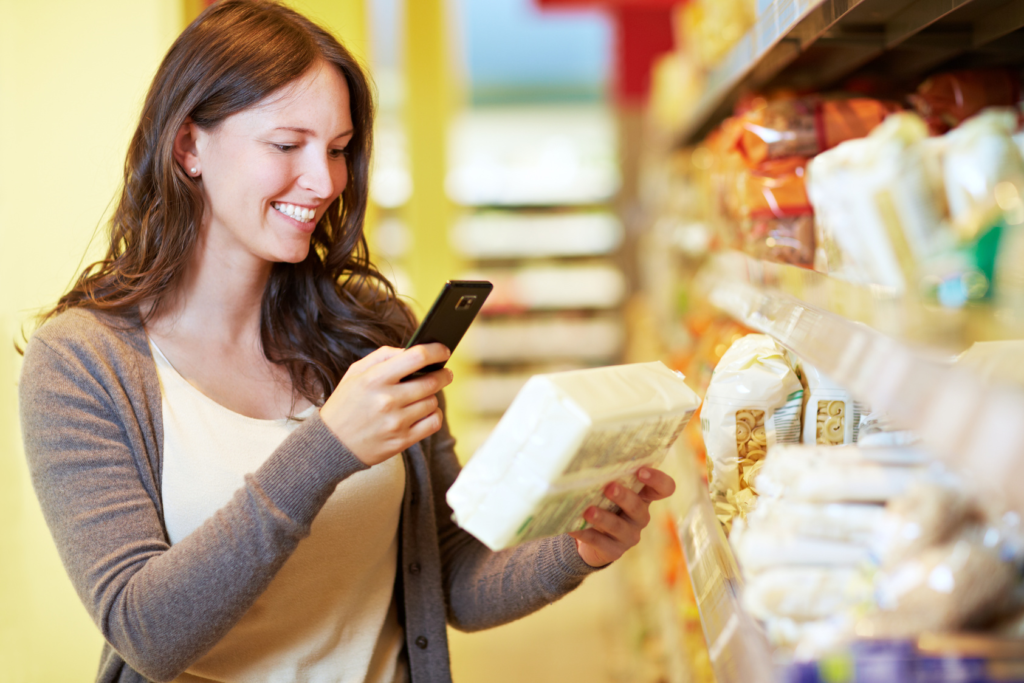Every minute, 1 million plastic bottles are purchased globally, but 86% of used bottles end up as litter, in landfills, incinerators, or into our oceans, which are choking with plastic waste.
Currently, our oceans are estimated to contain over 170 trillion plastic particles, posing a serious threat to aquatic and terrestrial life; the average person ingests a credit card’s worth of plastic every week! Despite the fact that 2 million glass bottles are used worldwide each day, 80% of them are either littered or buried in dumpsites.
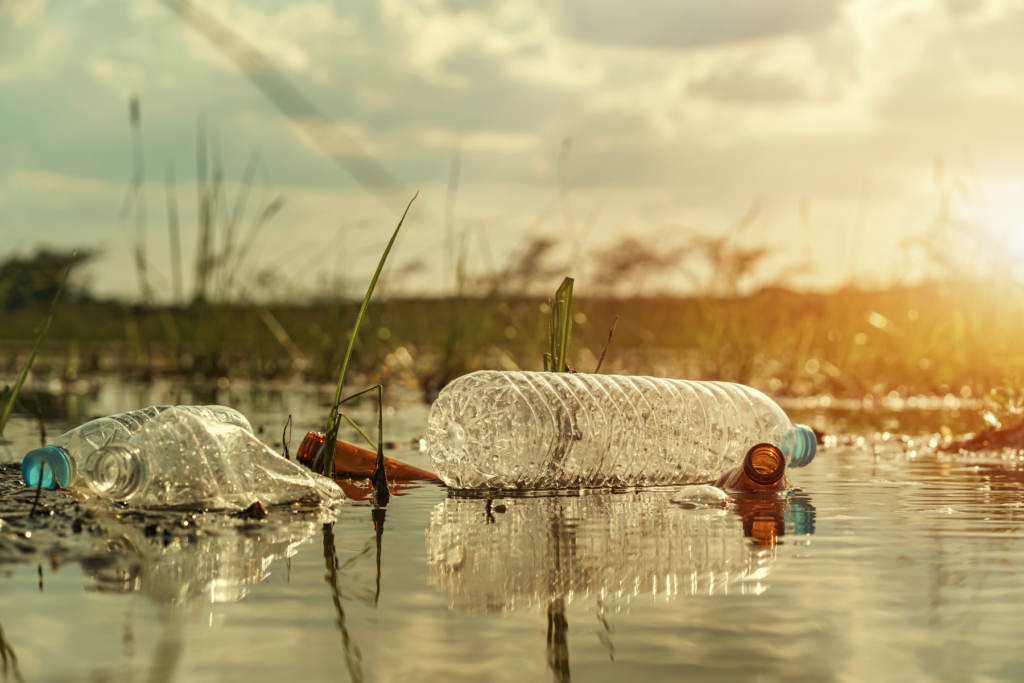
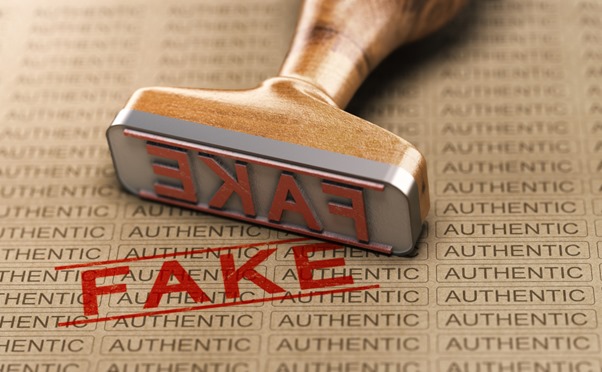
The annual global value of counterfeit and pirated goods is estimated at USD 2.8 trillion, leading to a total tax loss of about USD 270 billion, and approximately 5.4 million legitimate job losses (2022). The lack of legal, financial, and technological capacity, coupled with widespread corruption, has turned developing markets into hubs for illegal counterfeit activities, making it challenging to effectively combat this crisis.
In light of these challenges, our initial approach to addressing them involves disrupting counterfeiters’ revenue streams by empowering consumers with EcocanApp technology, allowing them to securely authenticate products before purchase, ensuring they only buy genuine beverages.
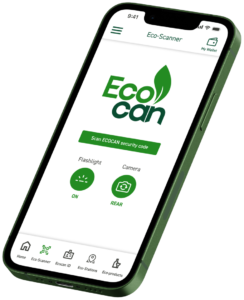
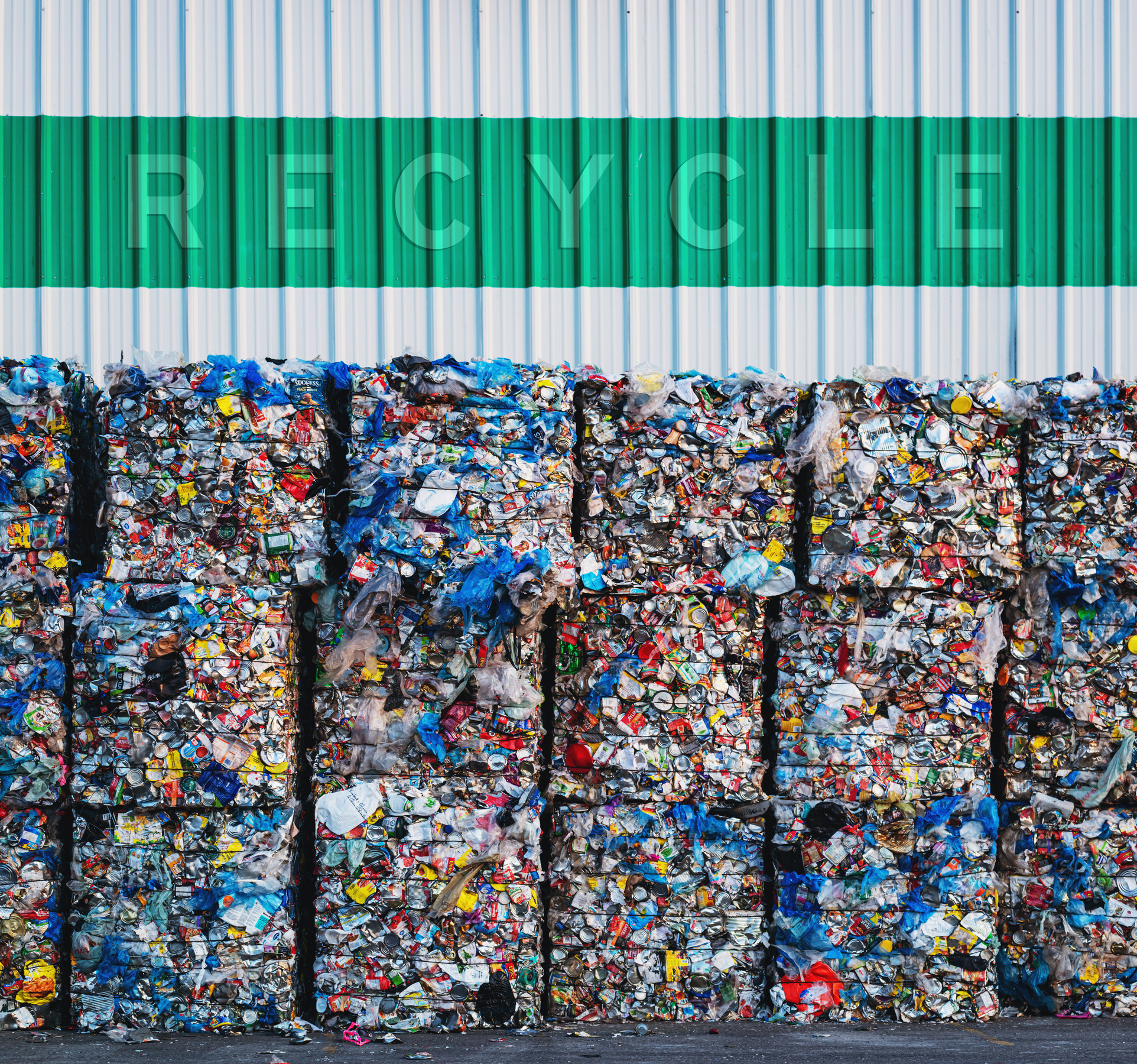
We collect used genuine bottles from the market via a Nordic-design Deposit Refund System(DRS), which is the gold standard for packaging waste collection.
A DRS is a take-back instrument whereby a small refundable fee is added onto the retail price of beverages at point of sale. This deposit assigns extrinsic financial value to used genuine bottles, thereby transforming them from supposed waste to potential resources. Consumers can reclaim this deposit by returning used eligible containers to designated collection stations for recycling. If the purchasing consumer instead litters or dumps the eligible packaging, other consumers can pick up the bottles and claim the applicable deposit.
Through EcocanApp and RVMs, powered by advanced data analytics tools, we enable producers and advertisers engage consumers with targeted and personalised marketing campaigns.
